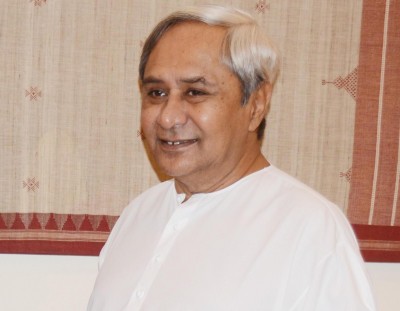
Bhubaneswar, With the aim to strengthen sports infrastructure in the state, the Odisha government on Monday announced that it will construct 89 multipurpose indoor stadiums in different urban areas across the state with an investment of Rs 693.35 crore.
The state cabinet headed by Chief Minister Naveen Patnaik approved the proposal on Monday evening.
The 89 multipurpose indoor stadiums under the 'urban sports infrastructure development project' will be completed over the next 18 months. This will provide a major boost to the development of sports in the state, said sports and youth services minister Tusharkanti Behera.
These projects will be taken up in 85 urban local bodies (ULBs) areas including Bhubaneswar, Cuttack and Rourkela under the 5T Initiative to transform the sports field in Odisha, he said.
The state government has been focusing on development of sports in Odisha. In recent years, the state has been recognised as a leading destination for sports events and promotion of sports, Behera said.
"Urban Local Bodies (ULBs) areas act as main centres for the sports related activities including coaching. The project is proposed for ensuring provision of quality sports infrastructure across ULBs of the state," he added.
The stadiums will have facilities for playing Badminton, Table Tennis, Yoga, Gymnasium, etc. The indoor hall space can be utilised for most of the indoor games and can be converted as per the local popularity of various indoor sports.
The stadiums to be named Biju Patnaik Indoor Stadium will come up at three municipal corporations (Bhubaneswar, Cuttack and Rourkela), 30 municipalities and 52 NACs.
The state government will spend Rs 10.15 crore for construction of each stadium at municipal corporation towns and municipalities while Rs 6.40 crore will be spent for building one such stadium in NAC.
The indoor stadiums are also designed to withstand 200 kmph wind speed. They can be utilised as community shelters during disasters like cyclones, floods etc. In times of pandemics, the stadium can be converted into a 50-bed (NAC model) or 100-bed (municipality model) field hospital, the minister said.


.jpeg)

